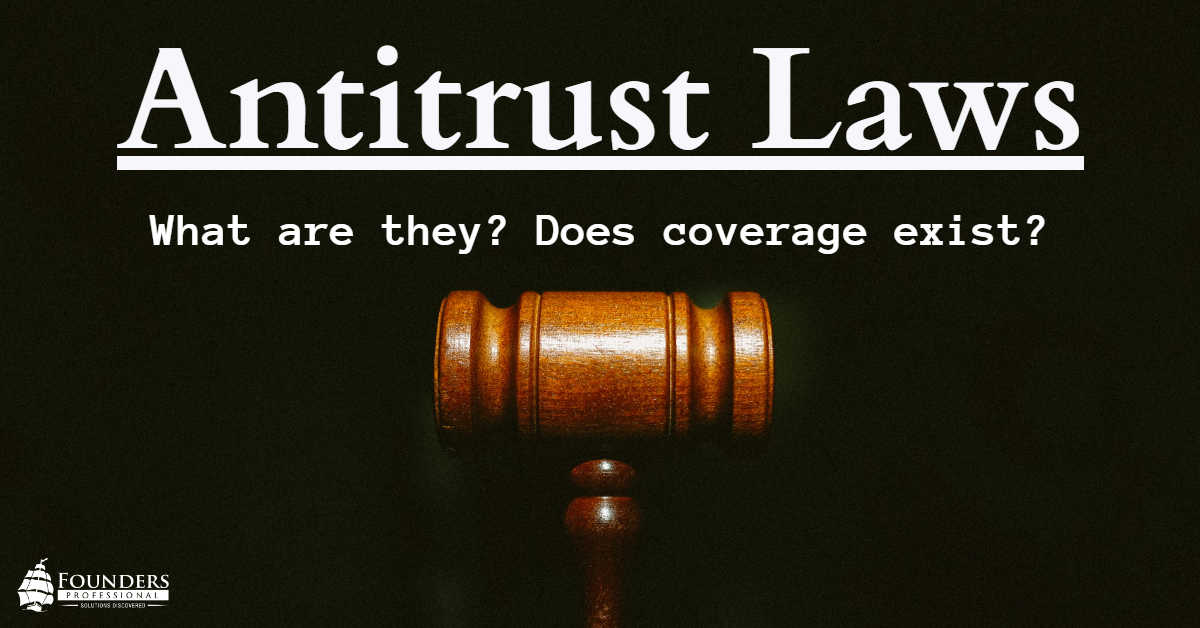What are Antitrust Laws?
Antitrust laws in the United States govern competition, monopolistic practices, unfair trade, or price fixing. Price fixing of wages, hours, salaries, benefits, and other compensation are subject to antitrust laws. The most famous antitrust laws in the United States are the Interstate Commerce Act of 1887, the Sherman Antitrust Act of 1890, the Clayton Act of 1914, the Robison-Patman Act of 1936, and the Cellar-Kefauver Act of 1950.
Recent Antitrust Litigation
In the past few months there have been several high-profile examples of antitrust investigations and litigation. Recent defendants in antitrust litigation include WWE, Amazon, Google, and Blue Cross Blue Shield. Most industries are vulnerable to antitrust allegations. These allegations can come from various sources including individual plaintiff, federal governments, state governments, local governments, foreign parties; etc.
December 2023, Florida Attorney General Ashley Moody launched an antitrust investigation into the College Football Playoff Administration exclusion of Florida State. Moody formally began the investigation looking into “possible contracts, combinations, or conspiracies … relating to anticompetitive effects.”
Last month the National Association of Realtors and several brokerages were ordered to pay over 1.8 billion dollars in damages to home sellers who were said to have been forced to pay excessive fees to real estate agents. The total damages could increase to more than 5 billion dollars as the verdict allows the court to issue treble damages. The lawsuit alleged that real estate brokers were conspiring to enforce an anticompetitive market that inflated fee amounts, in violation of federal antitrust laws.
Impact on the Industry
Since this verdict, we have seen an increase in submissions for real estate firms wanting to purchase Directors and Officers coverage for the first time. Some D&O policies, especially those policies that are part of a package policy, exclude antitrust litigation. As privately held companies are seeing an increase in antitrust litigation it is important to make sure you have a policy that can address this exposure.
Does Antitrust Coverage Exist?
Some D&O policies will specifically exclude antitrust coverage. It is imperative to speak with your broker and see if antitrust coverage is available on your current policy. Depending on class of business, revenue, and loss history antitrust coverage may be available. Many antitrust claims involve accusations against the company and officers of the company. This can lead to ambiguity on if and how the policy will respond to an antitrust claim.
Antitrust coverage may be available outside of D&O. Clients may be able to find coverage or sub-limited endorsements on various policies including general liability, errors and omissions, and even some media policies. It is important to understand the policy language and exclusions. Some policies may appear to have coverage but have carve backs or exclusions. At Founders, our brokers are here to help breakdown and provide a better understanding of antitrust coverage.
About the Author
Kevin Merchant focuses daily on assisting retail insurance agents find solutions for their hard-to-place professional liability, management liability and cyber liability insurance risks. Kevin is based out of Tampa, FL and can be reached directly at [email protected].

